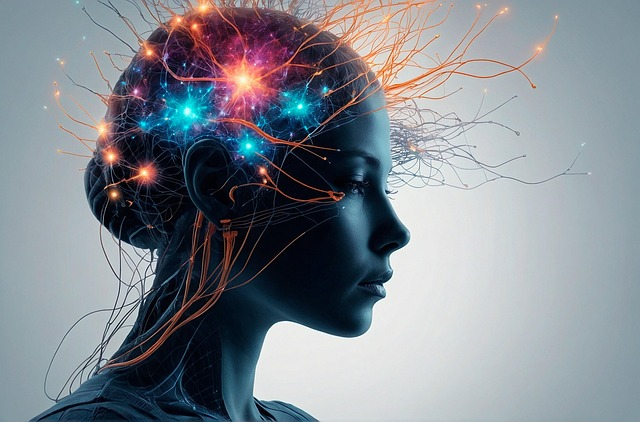

How Does Our Body Help Us Process Emotions?
Let's take a look into the fascinating (and sometimes messy) world of how our bodies process emotions.
Our brain seems to play the major role in the emotion department. The amygdala, a small almond-shaped structure in the brain, is essentially our emotional command centre. You may have noticed you feel excitement at the end of an action episode you've been watching or dread during a work presentation. That's your amygdala in action. It communicates with other parts of the brain to interpret and respond to emotional stimuli. This process activates the hypothalamus, triggering the release of hormones that result in physical responses like an accelerated heartbeat or sweaty palms. In short, every time you feel an emotional wave, your brain is hard at work coordinating your body's response, kind of like a maestro conducting an emotional orchestra!
These emotions can also que us with a physical response such as a tense jaw or hip pain. Where does your body typically hold your stress? Is it in your neck, shoulders, gut, hips or any of the other organs or muscles?
Secondly, let's not overlook the Gut, which has more to say than just grumbles and growls. Known as the "second brain," the gut contains millions of neurons that communicate directly with the brain?a fact that explains why you might get that infamous "gut feeling". While the science behind the gut-brain connection is complex, it?s clear that the state of your digestive system can significantly influence your emotional wellbeing. For example, stress and anxiety often manifest as indigestion or appetite changes. It's like your body is using physical discomfort to scream out, "Hey! Address those emotions!"?usually without offering any helpful advice on how to navigate the situation at hand.
Finally, there's the fascinating interplay between movement and emotion. Ever notice how a brisk walk can clear your mind? Physical activity can change brain chemistry to lift moods, thanks to the release of endorphins, those feel-good chemicals that turn your post-workout sweat session into a mini happy hour. This chemical boost reduces stress, strengthens your emotional resilience, and provides a clearer lens through which you view life's daily dramas. Essentially, movement acts as the body's natural stress reliever and mood enhancer, affirming that sometimes the best therapy involves just putting one foot in front of the other.
That being said, there are times we want to connect with a trusted health care professional if its our medicine man or woman, homeopath, body worker, birth imprint facilitator, psychologist or anyone else that can support you in easing your emotional upheaval.
All things considered, the way our body processes emotions is nothing short of extraordinary. From the brain's cerebral symphony to the gut's candid communication and the cathartic power of movement, these mechanisms weave together to form a remarkable system designed to keep us balanced. So next time emotions come knocking, take a moment to appreciate the intricate dance your body performs to make sense of it all and remember to thank your miraculous body for everything it does behind the scenes.